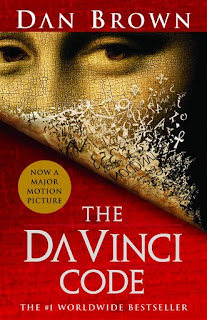
This book, by Leif Enger, was recommended to me by a friend. It's about a family who is searching after their brother who has broken out of prison after being convicted of murder. Each character in the family has a special trait of some kind; the father, who in some ways is a miracle worker. The brother, Ruben, an asthmatic, who learns from experience how to make decisions even when there's no clear line between right and wrong. And the younger sister Swede, whose literary creativity weaves a web through the entire story. It's an interesting book; to me it's like a cross between a Western and an inspirational almost religious type book. There's alot of values such as family loyalty, honesty, and love which play a huge role in the book.
Admittedly, this was a slower-read for me, and the ending at first seemed a little unfulfilling. But after thinking about it more (and reading the suggested questions for discussion at the back of the book), I came to understand how the ending was rather fitting. But I think I would probably appreciate the whole book more reading it again after having read the ending.






